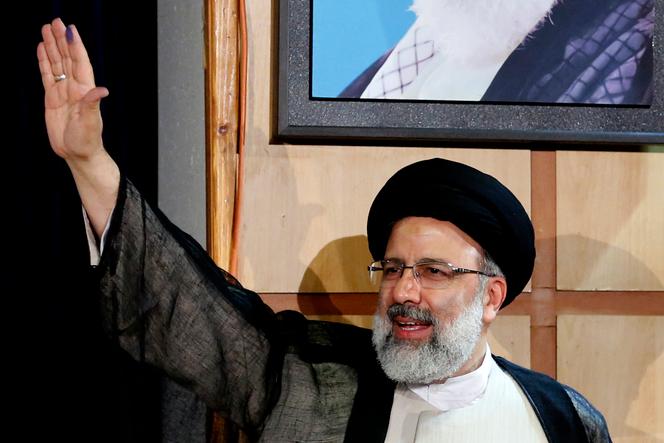


Ebrahim Raisi, the eighth president of the Islamic Republic of Iran, died on May 19 in a helicopter crash in a mountainous region of the country's northwest. The 63-year-old ultraconservative cleric, elected in 2021 in a widely boycotted election, died while returning to Iran from a state visit to Azerbaijan. He was joined by the Iranian Foreign Minister Hossein Amir Abdollahian, the governor of the East Azerbaijan region, Malek Rahmati, the imam of the Friday prayer in the same province, Mohammad-Ali Ale-Hashem, and members of the crew.
Raisi was tipped to succeed Supreme Leader Ali Khamenei and owed his rapid rise to prominence to him. Until his death, the president remained close to the country's highest authority, who never ceased to praise his actions. An exception, given that all previous heads of state – the reformist Mohammad Khatami (1997-2005), the ultraconservative Mahmoud Ahmadinejad (2005-2013) and the two technocrats Akbar Hashemi Rafsanjani (1989-1997) and Hassan Rohani (2013-2021) – ended their terms of office on poor terms with the Supreme Leader.
After being defeated in 2017 by outgoing president Hassan Rohani, Raisi had secured the removal in 2021 of his opponents – reformers, moderates and pragmatic conservatives – who would have challenged him by the unelected Council of Guardians of the Constitution.
His unfinished term of office, like his involvement in the affairs of the Islamic Republic over the last 40 years, will remain marked by the implementation of repressive policies. Faced with the latest uprising following the death in September 2022 of the young Mahsa (Jina) Amini, Raisi, following in his master's footsteps, called for a "firm confrontation" with the demonstrators. At least five hundred civilians were killed during the wave of protests.
Born in 1960 into a pious family in the religious city of Mashhad (northeastern Iran), Raisi, the son of a cleric, enrolled in a seminary in his hometown as a teenager. At the age of 15, he joined the center for Shiite Studies in the holy city of Qom (central Iran). Like his mentor Ali Khamenei (under whom he studied for 14 years), he thus earned the right to wear a black turban, a distinction reserved for descendants of the Prophet Muhammad, a title he prided himself on.
After the Islamic Revolution of 1979, the 19-year-old clergyman's first assignment was to set up "revolutionary courts" in Masjed Soleiman, in the southwestern province of Khuzestan. He distinguished himself by his loyalty and willingness to judge opponents with an iron fist. In 1980, he was appointed Chief Prosecutor of the city of Karadj, 30 kilometers east of Tehran.
You have 59.11% of this article left to read. The rest is for subscribers only.
